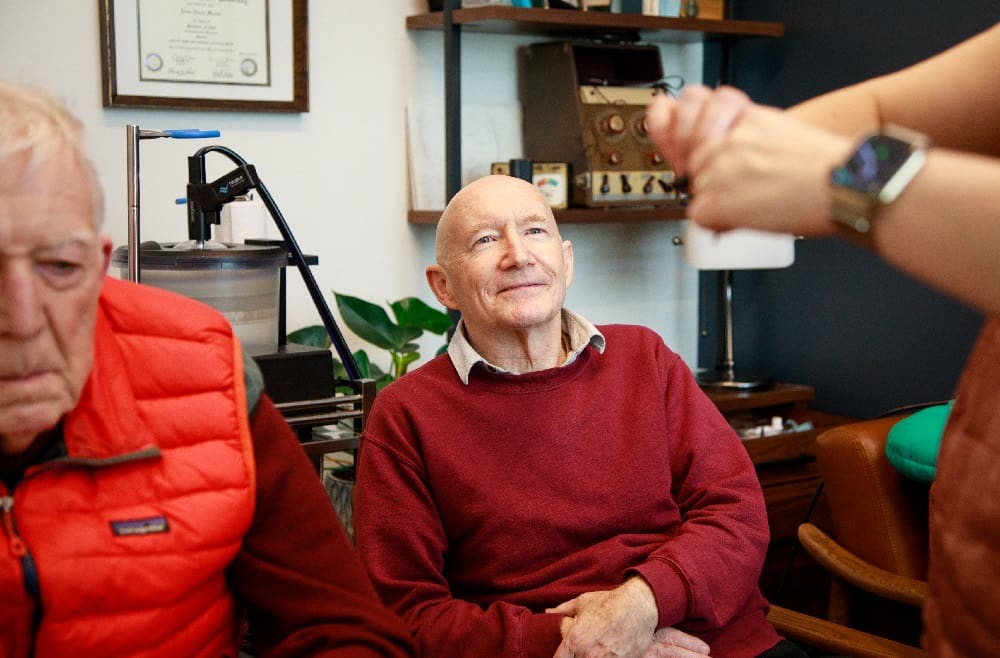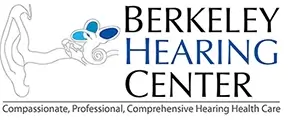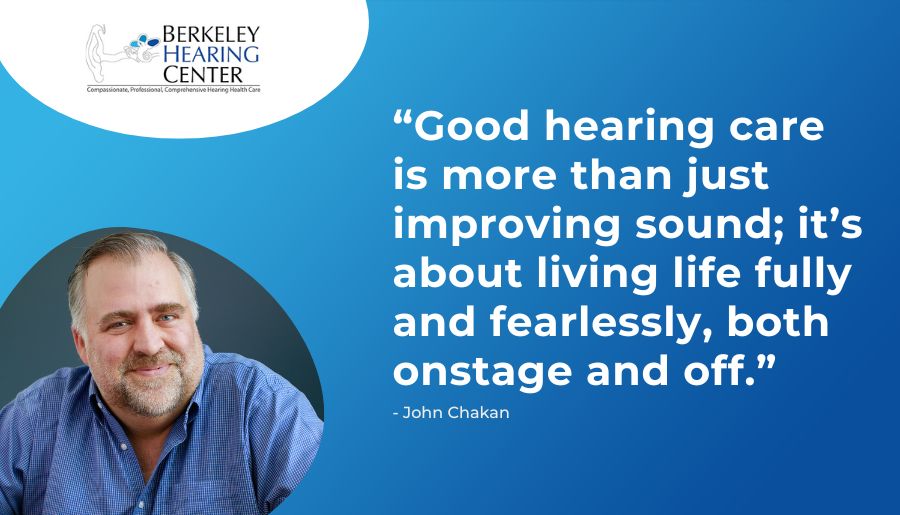
Patient Resources

2024-10-11
John Chakan, Co-Owner/Practice Manager
As men age, there are some inevitable changes we often don’t discuss – one of them being the gradual increase of hair growth in unexpected places, including our ears.
Although it might be an uncomfortable topic, excessive ear hair can directly impact the performance of your hearing aids.
Let’s dive into why this happens and how you can manage it effectively.
Understanding Ear Hair: Why Is It There?
The ear is equipped with two types of hair that serve protective purposes:
Often referred to as “peach fuzz,” these fine, non-pigmented hairs are found on the outer portion of the ear. As men age, even these thin hairs can become more prominent.
These thicker and more robust hairs grow near the outer ear canal and are more common in men. Their name is derived from the Latin word tragos, meaning goat, because they resemble a goat’s beard.
While these hairs serve a purpose by filtering dust, debris, and even keeping insects at bay, they can also interfere with your hearing aids if left unchecked.
How Excess Ear Hair Affects Hearing Aid Performance
Excess ear hair can cause several issues when it comes to your hearing aids. Here are four common problems you might face:
If you need custom earmolds for your hearing aids, thick tragi hair can interfere with the impression process. To get a viable mold, your audiologist will need to trim the hair before taking the impression.
Thick ear hair can push against earmolds, preventing them from sitting properly in your ear canal. This can lead to a constant feeling that your hearing aids are about to fall out, causing frustration and discomfort.
One of the most critical aspects of hearing aid performance is a good seal within the ear canal. Excess ear hair can compromise this seal, impacting sound quality and causing feedback or a whistling noise.
Excess ear hair can also trap earwax in the canal, preventing its natural movement out of the ear. This can lead to earwax buildup, further affecting the performance of your hearing aids.
Managing Excess Ear Hair for Optimal Hearing Aid Performance
Managing ear hair is essential to maintaining the best performance from your hearing aids. Here are some safe methods for trimming ear hair:
While it may seem tempting to grab any available tool, using pointed scissors, nail clippers, or tweezers to pluck ear hair can be dangerous and uncomfortable.
These tools are specifically designed for safely trimming ear hair. If you find it difficult to do it yourself, don’t hesitate to ask someone for help.
For those who find ear hair growth particularly troublesome, permanent laser hair removal is a safe and painless option when performed by a professional. It’s worth considering for long-term maintenance.
Allow Us to Help Enhance the Performance of Your Hearing Aids
Getting the most out of your hearing aids is essential to your quality of life. If you feel your hearing aids aren’t performing as they should, whether due to ear hair, earwax, or other factors, we’re here to help.
We offer a range of services to address these concerns and ensure you get the full benefits from your hearing aids.
Ready to Optimize Your Hearing Aid Experience?
If you're looking to improve your hearing aid performance, don’t hesitate to reach out. Schedule a consultation with us at Berkeley Hearing Center today, and let’s ensure your hearing aids are delivering the sound quality you deserve.
https://berkeleyhearing.com/wp-content/uploads/2024/10/Schedule-a-consultation-today.jpg

John Chakan, Co-Owner/Practice Manager



